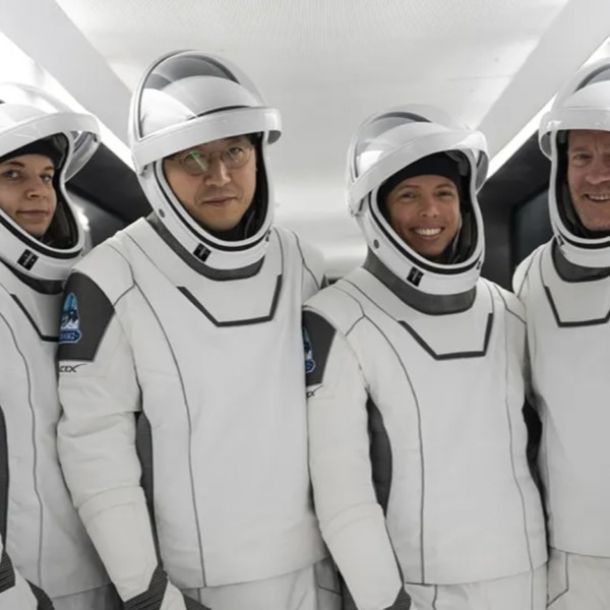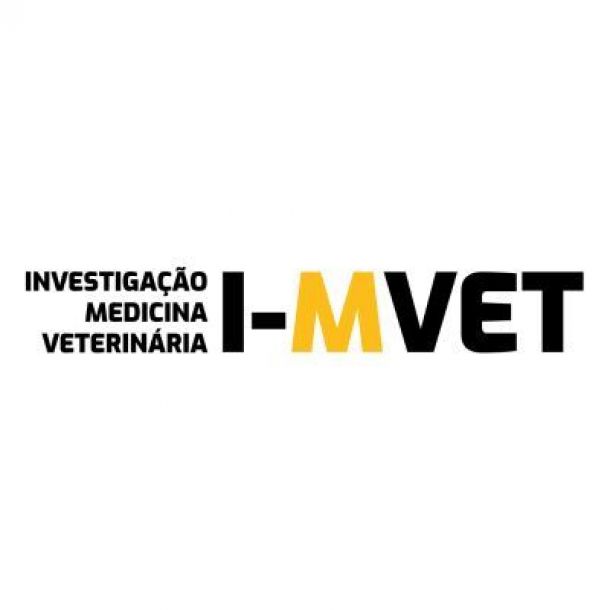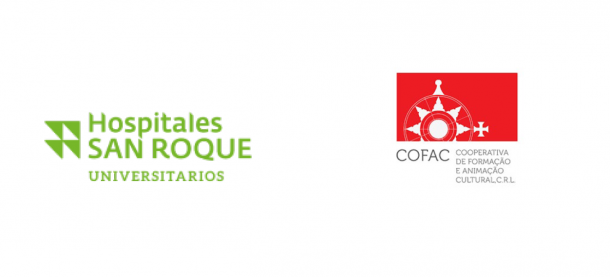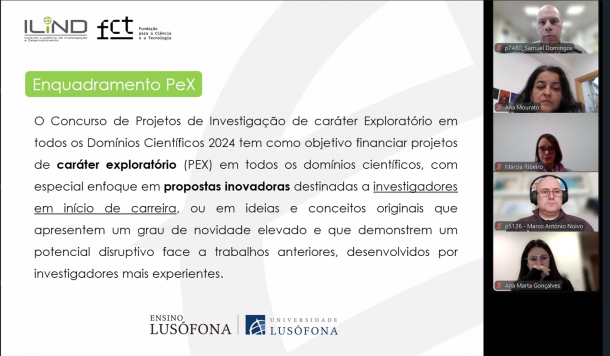News
The launch of ‘The Fram2 mission’ was a success and its mission includes ‘the SpaceXposome study’, which has the collaboration of ULusófona.
Lusófona University is pleased to announce its participation in the successful proposal for the 2024 Marie Skłodowska-Curie Actions Doctoral Networks (MSCA DN) call led by the University of Bourgogne. This prestigious European initiative promotes interdisciplinary doctoral training and international collaboration among top research institutions.
A group of researchers from I-MVET - Investigação Medicina Veterinária (CECAV), focusing on the study of feline retroviruses, has just published in the BMC Veterinary Research Journal the first study carried out in Portugal on the subgroups of the feline leukemia virus (FeLV), viral load and viremia in a population of declawed cats in which more than one hundred cats were evaluated.
HEI-Lab receives funding for ASISVIA digital health project
On 25 February 2025, applications closed for the 2024 Call for Exploratory Projects in All Scientific Fields promoted by the Foundation for Science and Technology.
On 6 February 2025, ILIND organised a webinar dedicated to the Call for Proposals for Exploratory Research Projects in All Scientific Domains 2024 (PeX). The event brought together researchers from Universidade Lusófona (ULusófona), Instituto Superior Manuel Teixeira Gomes (ISMAT), and Instituto Politécnico da Lusofonia (IPLuso), with a total of 81 participants.
On September 13, at 2:00 p.m., ILIND promoted the training “Research Management: Institutional Rules and Procedures”, which was attended by 49 participants in an online format.
Lusófona University continues to strengthen its Training, Research and Development agenda, having submitted a total of 10 applications to the Erasmus Mundus Programme.
On January 28th, ILIND held the 4th Edition of the event "Criar Ciência e Fazer Inovação made in Lusofona, which took place at the Lisbon University Center of ULusófona.
Professor Carlos Smaniotto Costa and Professor Nagayamma Aragão, researchers at Lusófona University and coordinators of the RUN | Naturalized Urban Rivers project, have been prominent in the development of solutions and strategies for the naturalization of urban rivers, participating in and committed to supporting scientific initiatives that promote sustainability and innovation.













